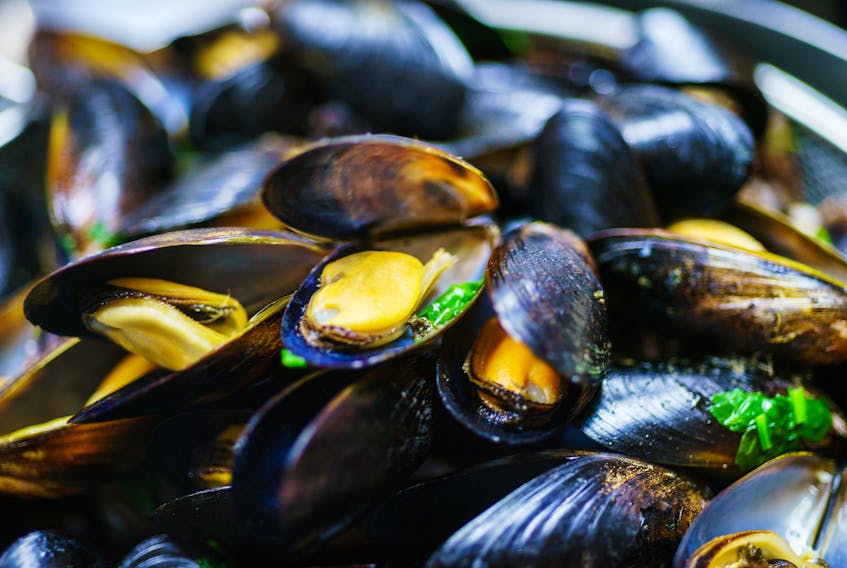Eighty per cent of all blue mussels sold in North America are grown in Prince Edward Island. Mussel farming accounts for 60 million in direct economic benefit for the province, employs 1,500 Islanders – mainly in coastal and rural communities — and supports 11 million in annual salaries.
On Nov. 8, an $800,000 collaborative applied research and development project was announced to develop a sustainable blue mussel broodstock program for Prince Edward Island. Traditionally, the industry has relied on wild-collected seed which can be variable in quality and resistance to disease. Wild seed is also vulnerable to changing ecosystem conditions such as warming ocean temperatures. A sustainable broodstock program will help insulate P.E.I.’s mussel industry against these adverse affects, while at the same time, significantly increasing production – all thanks to genomics selective breeding.
Selective breeding is not new to the shellfish industry. Traits such as meat quality and disease resistance have long been sought and obtained through traditional methods, but genomics speeds up the process considerably. It can pinpoint the precise genes in an animal’s DNA that denote specific traits sought in breeding programs, thereby eliminating the wait, often through several generations, for the animal to reveal them at a particular stage in growth.
Genomics will help P.E.I. mussel growers produce blue mussels that reach maturity up to 12 per cent faster than previously, and with more disease and temperature resistant to withstand the ocean’s warming. Furthermore, the application of genomic tools is predicted to double the province’s blue mussel production within the next ten years, from 50 million to 100 million pounds.
Genome Atlantic is proud of our role in helping to spearhead this initiative, a true collaborative effort. Particularly in this time of economic uncertainty, the blue mussel project shows how levels of government and industry partners can pave the way for a post-pandemic economic recovery with the aid of genomics, the study of genes and their functions.
And so, I want to publicly thank the Government of Prince Edward Island, the Atlantic Fisheries Fund, Atlantic Aqua Farms, P.E.I. Mussel Farms, Prince Edward Aqua Farms, and the P.E.I. Marine Science Organization for making this project happen. With their help, we were able to leverage our $200,000 from Genome Canada’s Regional Priorities Partnership Program into the more than $800,000 project just announced.
These dollar figures underline the importance of P.E.I.’s blue mussel industry and how consequential this research project is for the industry’s long-term prosperity.
Find out more about this project, click here.
Steve Armstrong, PhD, is president and CEO of Genome Atlantic, a not-for-profit corporation with a mission to help Atlantic Canada reap the economic and social benefits of genomics and other ‘omics technologies.









